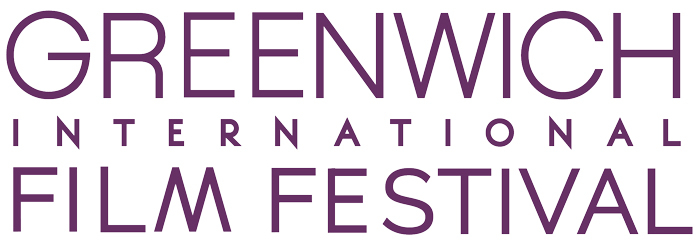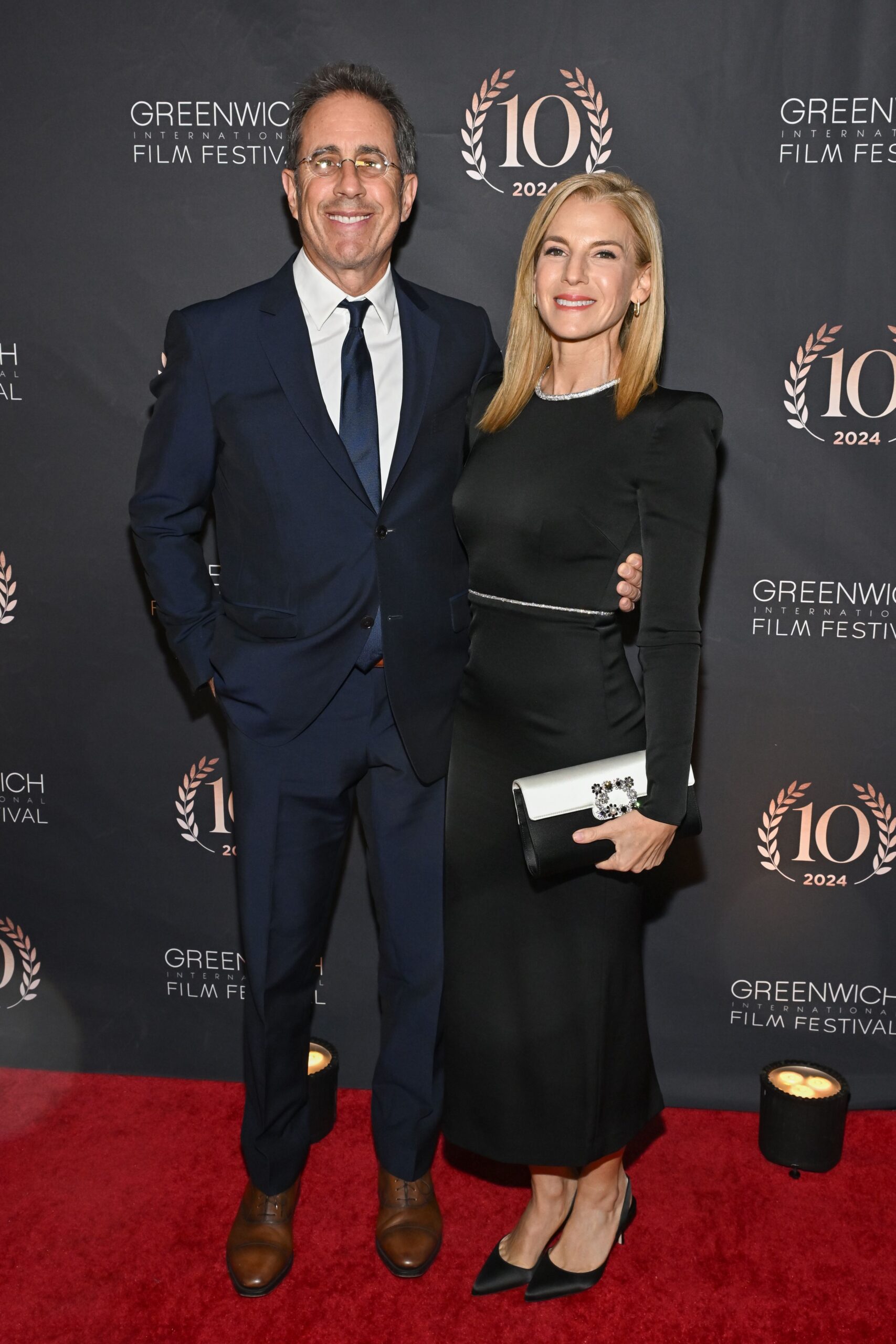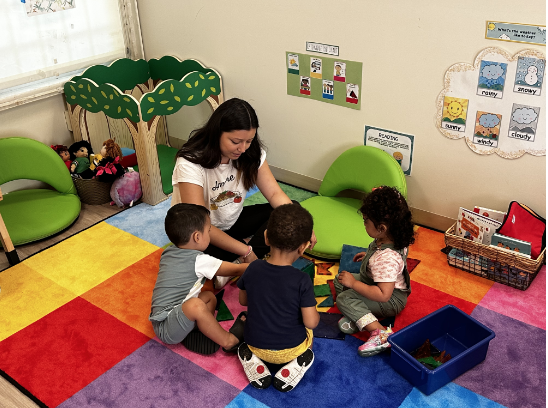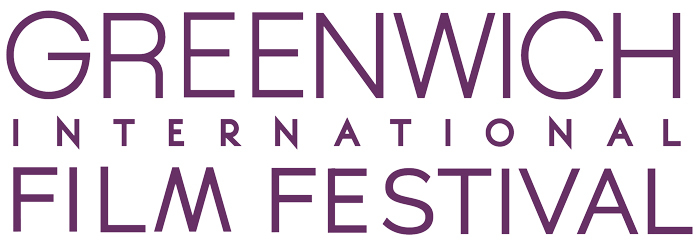Written by: Erin Pollack
 The first day of March marks the start of Women’s History Month, a time to celebrate and honor achievements made by women. March 8th marks International Women’s Day, which took place for the first time in 1911; however, the United Nations has only sponsored this day since 1975. While International Women’s Day has been acknowledged since 1911, Women’s History Month wasn’t officiated until 70 years later. The idea actually developed out of a weeklong event dedicated to recognizing the accomplishments of women in culture, society, arts, and much more. This event was organized in 1978 by a school district in Sonoma County, California and featured a “Real Woman” essay contest, dozens of presentations, and even a parade in downtown Santa Rosa. As this small community’s celebration began to grow across the country, it wasn’t until Jimmy Carter issued the first presidential proclamation in 1980 to make Women’s History Week national, beginning on March 8th. A year later, the U.S. Congress passed a resolution officially establishing a weeklong, national celebration. This week expanded into a month thanks to the work of the National Women’s History Project (now known as the National Women’s History Alliance), who successfully convinced Congress to expand the event through the entire month of March. The NWHA also designates the annual theme for March, this year’s being “Women Providing Healing, Promoting Hope”. NWHA stated that this theme is to honor the “ceaseless work of caregivers and frontline workers during this ongoing pandemic and also a recognition of the thousands of ways that women of all cultures have provided both healing and hope throughout history.”
The first day of March marks the start of Women’s History Month, a time to celebrate and honor achievements made by women. March 8th marks International Women’s Day, which took place for the first time in 1911; however, the United Nations has only sponsored this day since 1975. While International Women’s Day has been acknowledged since 1911, Women’s History Month wasn’t officiated until 70 years later. The idea actually developed out of a weeklong event dedicated to recognizing the accomplishments of women in culture, society, arts, and much more. This event was organized in 1978 by a school district in Sonoma County, California and featured a “Real Woman” essay contest, dozens of presentations, and even a parade in downtown Santa Rosa. As this small community’s celebration began to grow across the country, it wasn’t until Jimmy Carter issued the first presidential proclamation in 1980 to make Women’s History Week national, beginning on March 8th. A year later, the U.S. Congress passed a resolution officially establishing a weeklong, national celebration. This week expanded into a month thanks to the work of the National Women’s History Project (now known as the National Women’s History Alliance), who successfully convinced Congress to expand the event through the entire month of March. The NWHA also designates the annual theme for March, this year’s being “Women Providing Healing, Promoting Hope”. NWHA stated that this theme is to honor the “ceaseless work of caregivers and frontline workers during this ongoing pandemic and also a recognition of the thousands of ways that women of all cultures have provided both healing and hope throughout history.”
Greenwich International Film Festival is proud to be the first all female-founded and run film festival in the country, with a social impact focus. While there are hundreds of historical accomplishments made by women, focusing on the success of female filmmakers is more important than ever before. Hollywood made history in 2020 with a record-breaking number of female film directors; it declined in 2021, where out of the top 250 grossing movies only 17% of directors were women. To narrow it down even further to the top 100 grossing movies, only 12% were directed by women. To put this in a different perspective, since the Academy Awards began in 1929 only five women have ever been nominated for Best Director; and only one of those women was a woman of color (Chloé Zhao, who historically won in 2021 for her film Nomadland).
If you follow GIFF on social media, you will see that every Friday we post a #FemaleFilmmakerFriday, to honor the artistic victories of female filmmakers. In honor of the first Friday of Women’s History Month, we are highlighting the successes of 3 different filmmakers, whose work inspires change and projects hope for a more diverse industry.
Ava DuVernay
Although she is the highest grossing black woman director in American box office history,
DuVernay did not pick up a camera until she was 32 years old. Talk about talent! She made history in 2012 when she won Best Director award at Sundance Film Festival in the U.S. Dramatic Competition, becoming the first black woman to win this distinguished award. Some of her remarkable works include Selma, 13th, A Wrinkle in Time, and When They See Us. DuVernay is also an Emmy, BAFTA, and Peabody award winner.
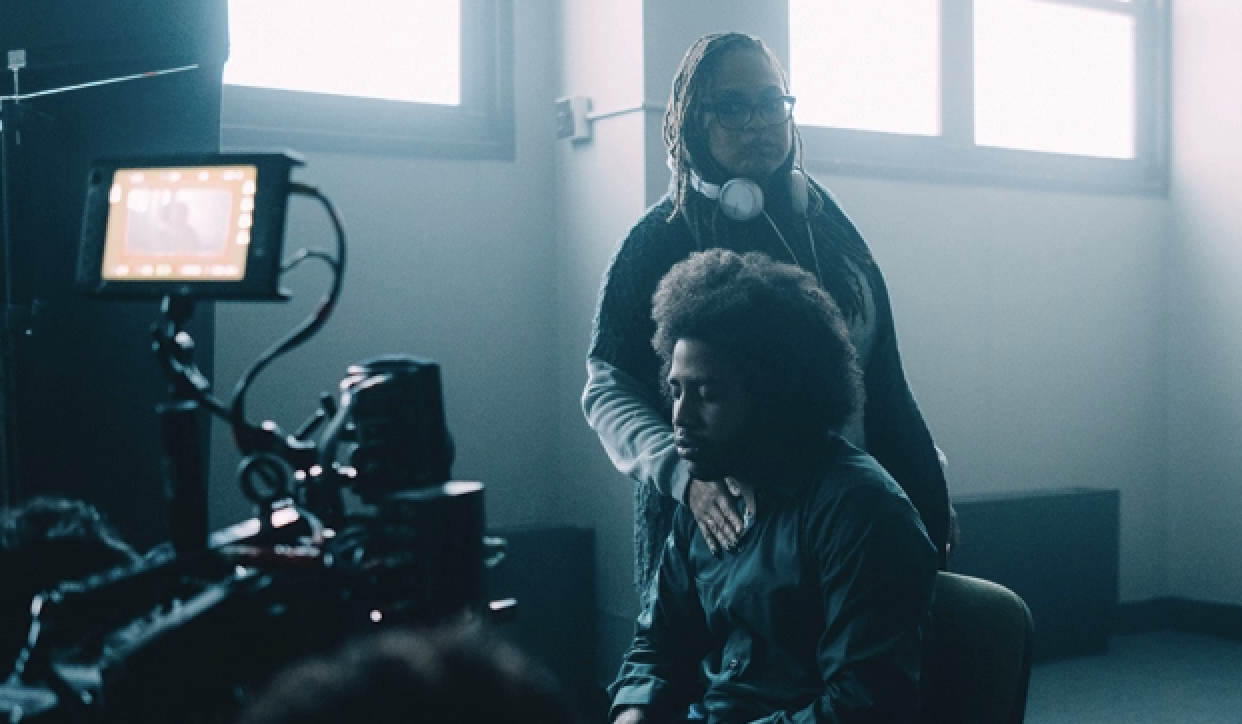
Ali Wong
You might know her from her hysterical stand-up comedy specials on Netflix, where Wong performs nearly 8 months pregnant in a bodycon dress and flats, but is still as funny as ever! Aside from stand-up comedy, Wong is also a writer, producer, and actress. She co-wrote the Netflix film Always Be My Maybe, worked as executive producer on Tuca and Bertie, and became a New York Times Bestseller with her debut book Dear Girls.
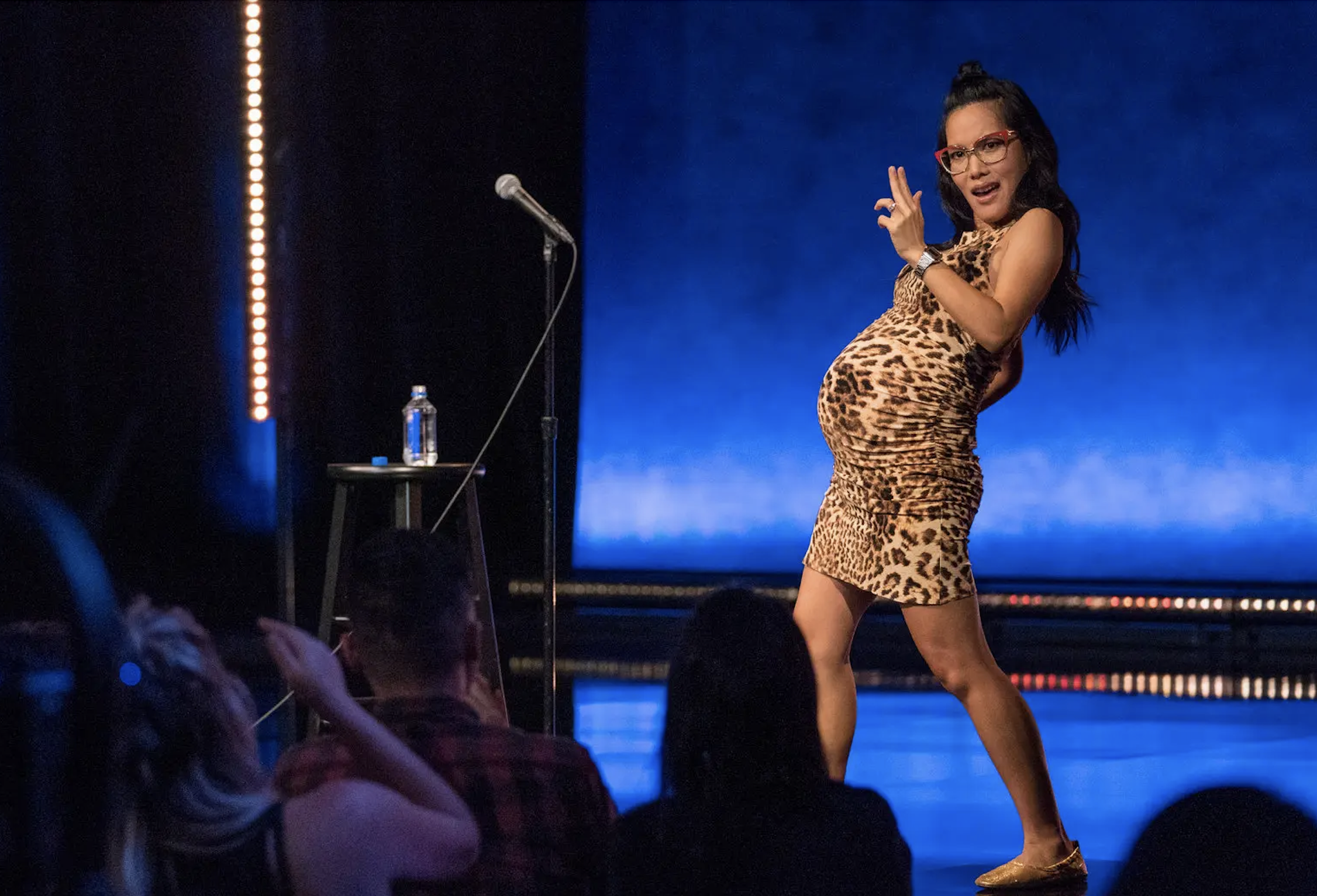
Greta Gerwig
You might know her best from her 2017 writing and directing debut for the Academy-award nominated film Lady Bird, but before Gerwig was acting in mumblecore films. Gerwig claims that her experience on film sets replaced the traditional route of attending film school. Despite being the first woman to be Oscar nominated for a directorial debut, Gerwig was rejected from every masters writing program that she applied to. Most recently in 2019, Gerwig adapted and directed Little Women which was nominated for six Academy awards. Now she is working on a film called Barbie, about “a doll living in ‘Barbieland’ who is expelled for not being perfect enough and sets off on an adventure in the real world”. Barbie is currently in pre-production and stars Margot Robbie as Barbie and Ryan Gosling as Ken.
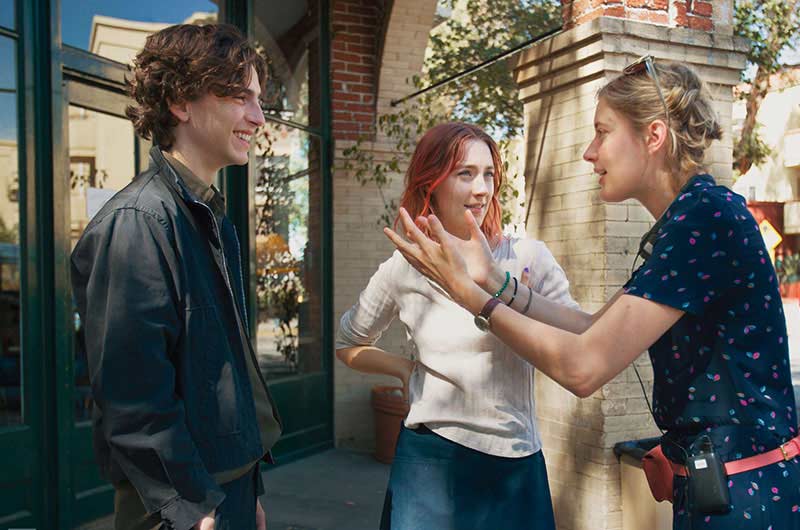
Check back next Friday for another #FemaleFilmmakerFriday! Follow us on Instagram and Twitter @greenwichfilm.
Sources:
https://www.history.com/topics/holidays/womens-history-month
https://nationalwomenshistoryalliance.org/
https://www.womenshistory.org/education-resources/biographies/ava-duvernay
https://www.aliwong.com/about
https://en.wikipedia.org/wiki/Greta_Gerwig
https://pro.imdb.com/title/tt1517268/?ref_=instant_tt_1&q=barbie
